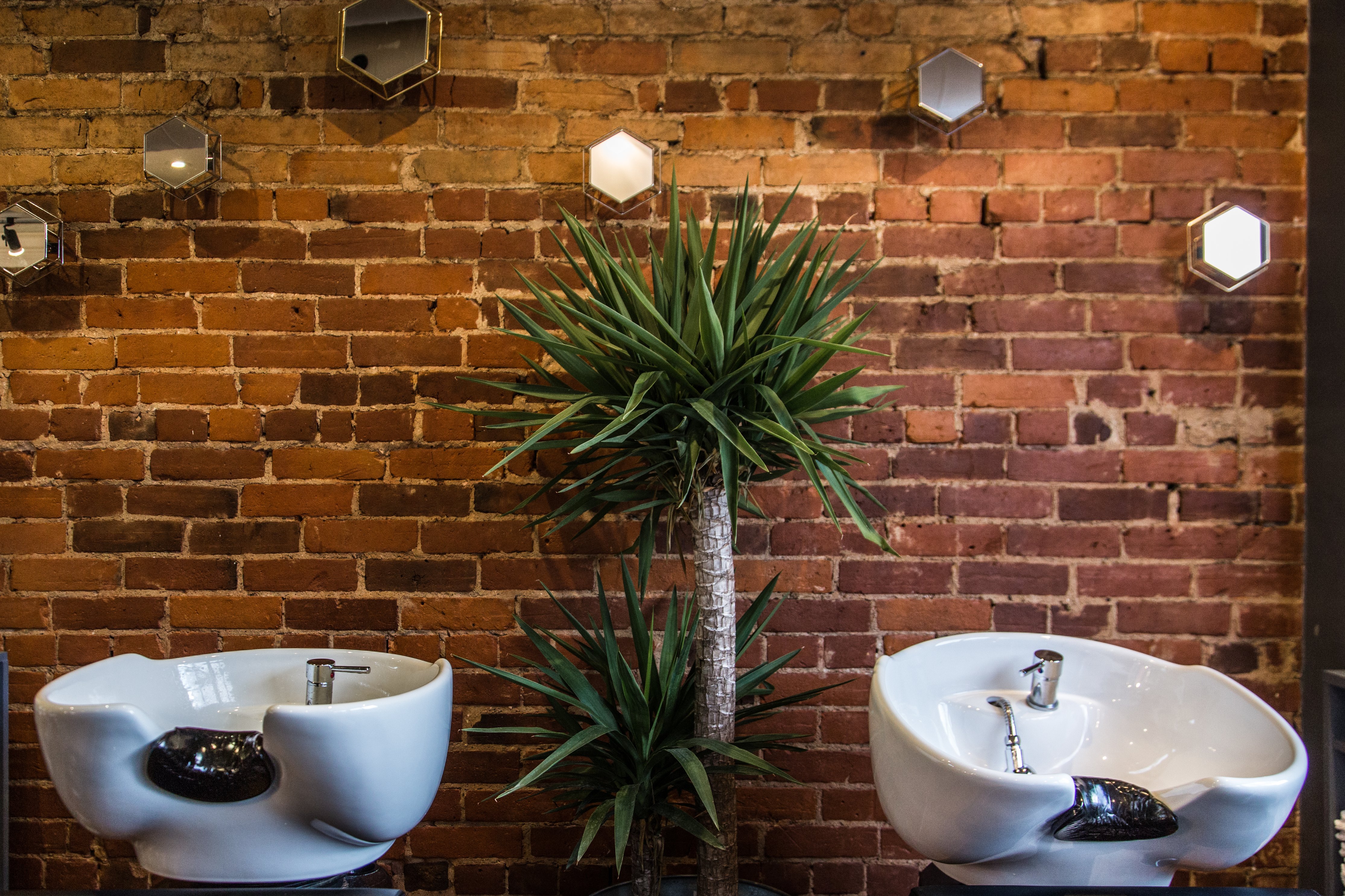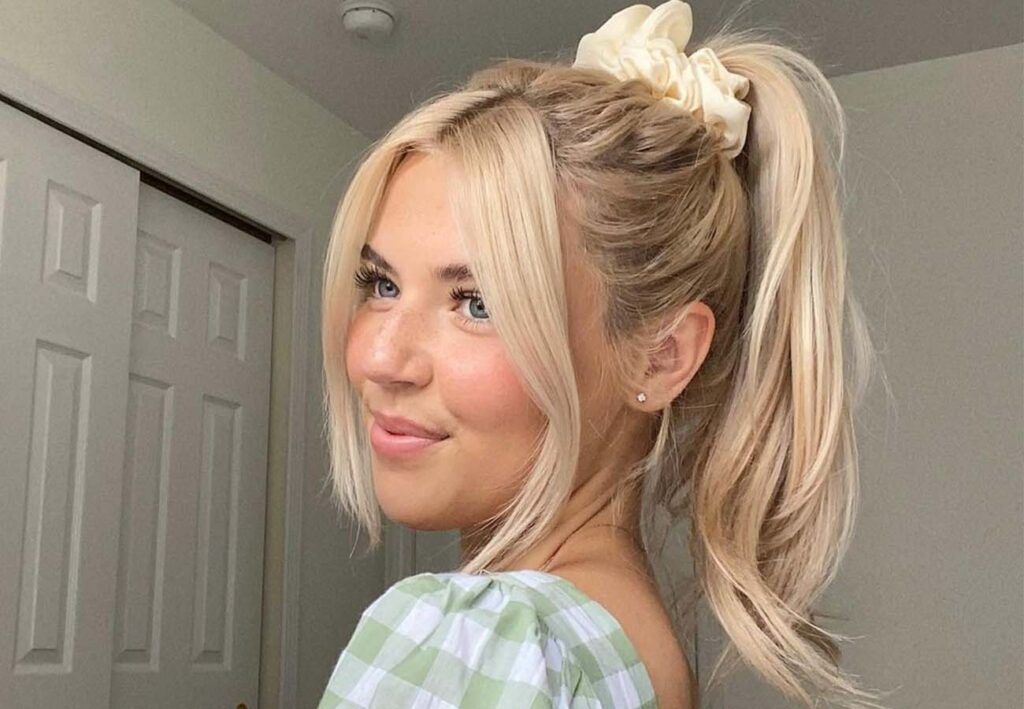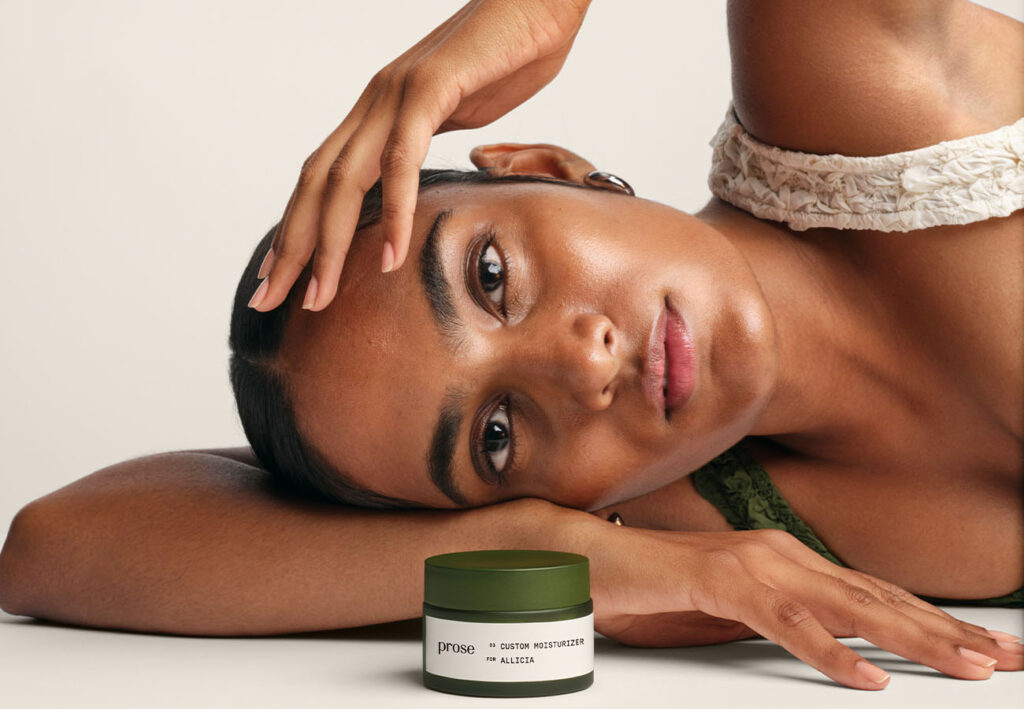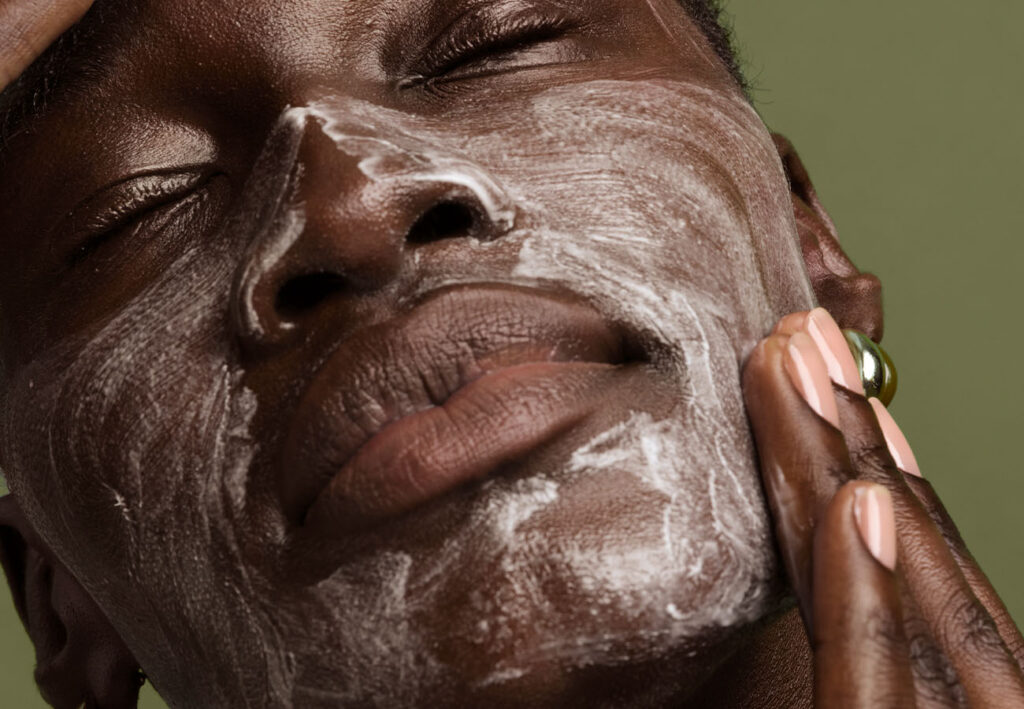Create an uber-clean, calming environment
The shampoo chairs and back-bar area should be spotless—free of clutter, hair trimmings, dirty towels, etc. If possible, the shampoo stations should also be in a low-traffic area so the client doesn’t feel exposed, and can close her eyes without feeling self-conscious.
Play the part of host
You wouldn’t invite someone over for dinner and push her into a chair with a plate of food the second she walked in the door. You’d take her coat, offer a cocktail, put out a plate of hors d’oeuvres. Likewise, after you’ve guided a client to the shampoo chair, place a towel around her neck and shoulders, ask if she’d like her feet up or down, and find out if she has a shampoo preference. Then help guide her head back into the shampoo bowl and ask if her neck and shoulders are comfortable. Some clients like a second towel to support the back of their necks.
Choose your lineup
If the client leaves the shampoo and conditioner choices to you, gauge what formulas will make the most of her hair. For very dry or coarse hair, hydrating formulas will make the hair silkier and easier to cut and style. At Prose, our most nourishing combinations are typically laced with Argan, Sacha Inchi Seed Oil, Jojoba and Plum oils. For fine hair, choosing something with protein can help strengthen and add volume. Fine hair typically has 50 percent less protein than medium to thick types so they can almost always use a boost. If the client’s hair appears on the oilier side, you may also want to choose something that provides a deeper clean. At Prose, we use Spirulina extract to help control sebum.
Test the H20
Before you spray water on your client’s scalp, first check the temperature on your wrist. “I usually aim for comfortably warm,” says Nina Dimachki, a stylist in Northville, Michigan. Thoroughly wet the client’s hair, taking care not to aim the nozzle straight down her neck (and, oops, down her back).
Do one quick shampoo
Most clients can benefit from two shampoos, says Dimachki, with the first being a quick application and rinse to remove surface dirt. The second shampoo, she says, is the more thorough, therapeutic round. Dimachki advises, however, that it’s still wise to ask a client in advance if they have a shampoo preference, as some have strong feelings about the amount of cleansing they want.
Lather with love
“The second shampoo is the one I really take my time doing,” says Dimachki, who first applies the shampoo to her damp hands, rubs them together, then evenly distributes the cleanser over the client’s scalp, gently kneading with her fingertips—but never her nails. “The goal is to apply pressure and lean into the scalp with your fingers, like a massage therapist does,” she explains. “I focus more on the scalp than the hair during this step, moving from the top of the head to the crown to the back then to both sides of the head. Then I repeat.” If necessary, she may add another spritz of water to facilitate light sudsing, which makes distribution of the shampoo easier and more even. Lastly, she rinses.
Condition carefully
Always ask your client if she has a preference, but, assuming she opts to leave the application up to you, conditioner usually works best applied “ears to ends,” says Dimachki. Too much conditioner near the roots can weigh down even the coarsest hair. Once the conditioner is applied, you can gently detangle the ends using your fingers or a wide-tooth comb. Then thoroughly rinse. “Not removing all the conditioner is a common mistake—and it can leave the hair looking dull,” says Dimachki.
Dry and prevent drips
Finally, use a clean towel to squeeze excess water out of the ends of their hair. “Make sure to dry behind and inside their ears too,” says Dimachki. Then use the towel around the client’s shoulders to wrap her hair up in a turban—and guide her to the station where she will begin her salon service.





